Looking to sip your way to a slimmer waistline? Not all teas are created equal when it comes to weight loss. Some varieties contain powerful compounds that boost metabolism and help burn fat, while others do little more than warm your hands. Let’s explore which teas are worth brewing for weight management and which ones you can skip.
1. Green Tea: The Metabolism Booster
Packed with EGCG (that’s epigallocatechin gallate), green tea is the superstar of the weight-loss tea world. This potent antioxidant kicks your metabolism into high gear and targets fat cells, especially during physical activity.
Morning is prime time for enjoying this earthy brew—the caffeine and catechins work together to maximize calorie burning throughout the day. For best results, steep for 3-4 minutes in water that’s just below boiling.
A single cup contains only 2-3 calories, making it practically calorie-free! Try drinking 2-3 cups daily, especially before exercise, when your body can best utilize its fat-burning properties.
2. Oolong Tea: The Fat Oxidizer
Sitting between green and black tea in terms of oxidation, oolong is your afternoon secret weapon against stubborn pounds. The unique combination of polyphenols and caffeine increases your body’s energy expenditure for hours after drinking.
A study from China found that participants who regularly drank oolong experienced a 12% increase in fat burning over 12 weeks. The slightly fruity, complex flavor makes it enjoyable without sweeteners.
Replace your mid-afternoon snack with a cup of oolong to crush cravings and provide a gentle energy boost. Its moderate caffeine content won’t keep you up at night if consumed before 4pm.
3. Black Tea: The Gut Health Promoter
The most consumed tea worldwide works behind the scenes to help with weight management. Black tea’s magic happens in your gut, where its compounds alter your microbiome in ways that support healthy weight.
Research shows that black tea’s theaflavins and thearubigins can inhibit fat absorption and boost metabolism. Unlike other weight-loss teas, black tea’s benefits come from different mechanisms than just caffeine and catechins.
Skip the milk and sugar—they can counteract the slimming benefits. Try a squeeze of lemon instead, which may enhance the absorption of beneficial compounds. Drink it plain after meals to help with digestion and fat metabolism.
4. White Tea: The Fat Cell Fighter
Harvested from the youngest tea leaves and buds, white tea undergoes minimal processing, preserving its natural potency. Scientists have discovered that white tea extract can actually prevent new fat cells from forming while encouraging existing ones to break down stored fat.
The delicate, slightly sweet flavor makes white tea perfect for all-day sipping. Unlike stronger teas, white tea contains less caffeine, making it suitable even for those sensitive to stimulants.
Premium white tea can be a bit pricey, but a little goes a long way—you can usually re-steep the same leaves 2-3 times. Store away from light and air to preserve its powerful catechins and polyphenols.
5. Pu-erh Tea: The Ancient Fat Melter
Centuries of Chinese wisdom back this fermented tea’s reputation as a weight loss ally. Pu-erh’s unique fermentation process creates natural lovastatin-like compounds that help regulate fat metabolism and cholesterol levels over time.
Unlike quick-fix teas, pu-erh works gradually but sustainably. Its earthy, rich flavor develops complexity with age—much like fine wine. Many Chinese families drink it after heavy meals to aid digestion and prevent fat storage. Start with a small cup after dinner to experience its benefits.
The taste can be strong for beginners, so try brewing for just 30 seconds initially. Quality pu-erh improves with age and can be stored for years, making it a worthwhile investment for your weight loss journey.
6. Ginger Tea: The Appetite Tamer
Spicy and invigorating, ginger tea works on multiple fronts to support your weight loss goals. The active compound gingerol reduces hunger pangs while simultaneously increasing body temperature and metabolism—a process called thermogenesis.
A cup before meals can significantly reduce overeating by naturally suppressing appetite. Research shows ginger also helps stabilize blood sugar, preventing the crashes that lead to unhealthy snacking.
Fresh is best! Grate a thumb-sized piece of ginger root into hot water and let steep for 5-10 minutes. Add a squeeze of lemon for vitamin C and improved absorption of ginger’s beneficial compounds. Bonus: it also soothes digestive discomfort that might otherwise be mistaken for hunger.
7. Rooibos Tea: The Stress-Fighting Slimmer
Hailing from South Africa, this ruby-red herbal infusion contains a unique compound called aspalathin that targets stress-induced weight gain.
When you’re stressed, your body produces cortisol, which can trigger fat storage—especially around your midsection. Naturally caffeine-free, rooibos makes a perfect evening companion that won’t disrupt sleep. Better sleep quality is linked to healthier weight management and reduced cravings for sugary foods.
The slightly sweet, nutty flavor eliminates the need for calorie-laden sweeteners. Try it with a cinnamon stick for added metabolic benefits or a few drops of vanilla extract for a dessert-like treat that satisfies sweet cravings without adding pounds.
8. Detox Teas: Marketing Hype in a Teabag
Colorful packaging and celebrity endorsements make these blends seem like miracle workers, but the science tells a different story. Most commercial detox teas rely on laxatives like senna leaf to create the illusion of weight loss, when you’re really just losing water and valuable electrolytes.
Any weight dropped from these teas returns quickly once you stop drinking them. Worse, the frequent bathroom trips can lead to dehydration, mineral imbalances, and even dependency on laxatives for normal bowel function.
Your liver and kidneys already detoxify your body effectively—no tea required. If you enjoy the taste of these blends, occasional consumption is fine, but don’t expect lasting weight loss results or magical cleansing effects.
9. Chamomile Tea: Calming but Not Calorie-Burning
Golden and fragrant, chamomile tea is a nighttime ritual for many seeking better sleep. While quality rest certainly supports weight management, chamomile itself doesn’t actively burn fat or suppress appetite.
The daisy-like flower contains apigenin, a compound that promotes relaxation and sleep quality. This indirect benefit might help prevent stress eating or midnight snacking, but don’t expect chamomile to directly shrink your waistline.
Still worth drinking? Absolutely! Replacing high-calorie evening treats with a cup of chamomile creates a calorie deficit over time. Plus, the ritual of preparing and sipping tea mindfully can reduce emotional eating—just don’t credit the chamomile itself with fat-burning properties it doesn’t possess.
10. Hibiscus Tea: Great for Your Heart, Not Your Waistline
Vibrant crimson and tantalizingly tart, hibiscus tea has earned its reputation as a heart-healthy beverage that can help lower blood pressure. Despite its impressive antioxidant content and vitamin C levels, research specifically connecting hibiscus to fat loss remains scarce.
The sour taste naturally discourages adding sugar, which helps avoid empty calories. Some preliminary studies suggest hibiscus may help regulate lipid profiles, but these effects are modest compared to proven weight-loss teas like green or oolong.
Enjoy hibiscus for its refreshing flavor and cardiovascular benefits rather than expecting significant weight loss results. It makes an excellent cold brew during summer months when staying hydrated supports overall health and proper metabolism.
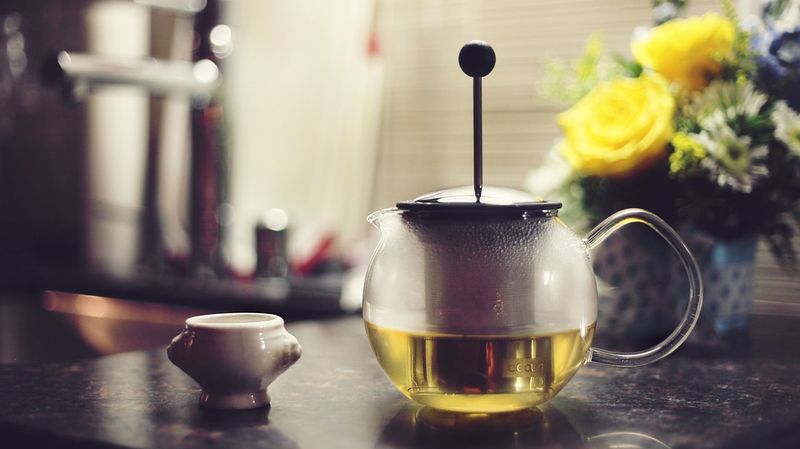
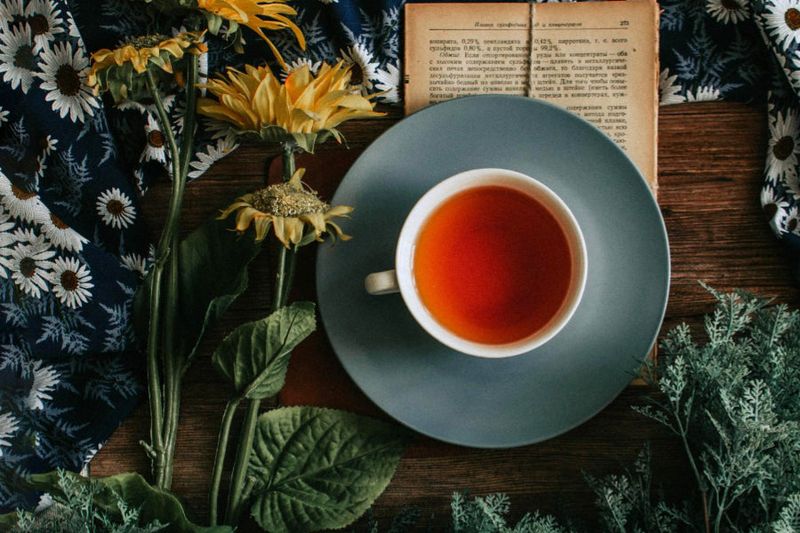

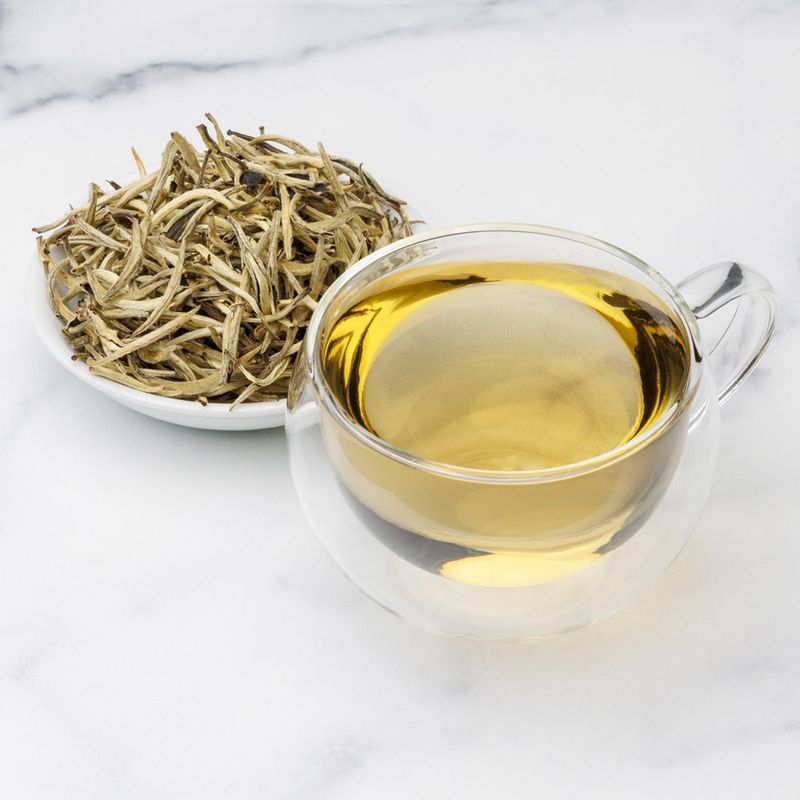
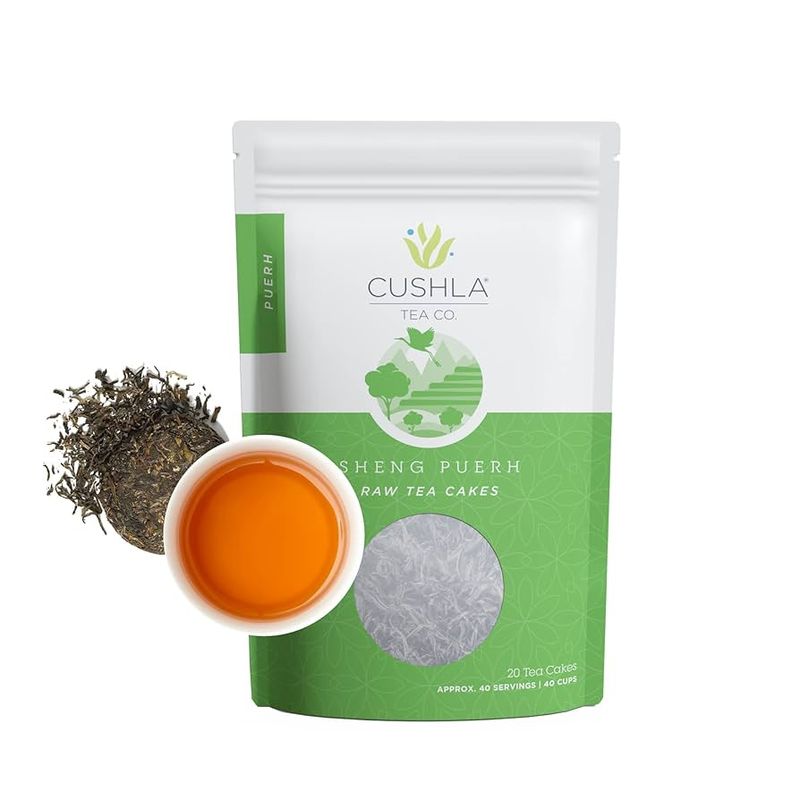
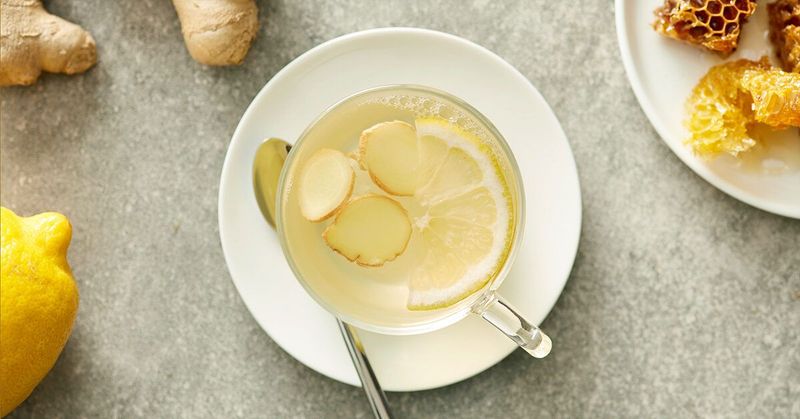
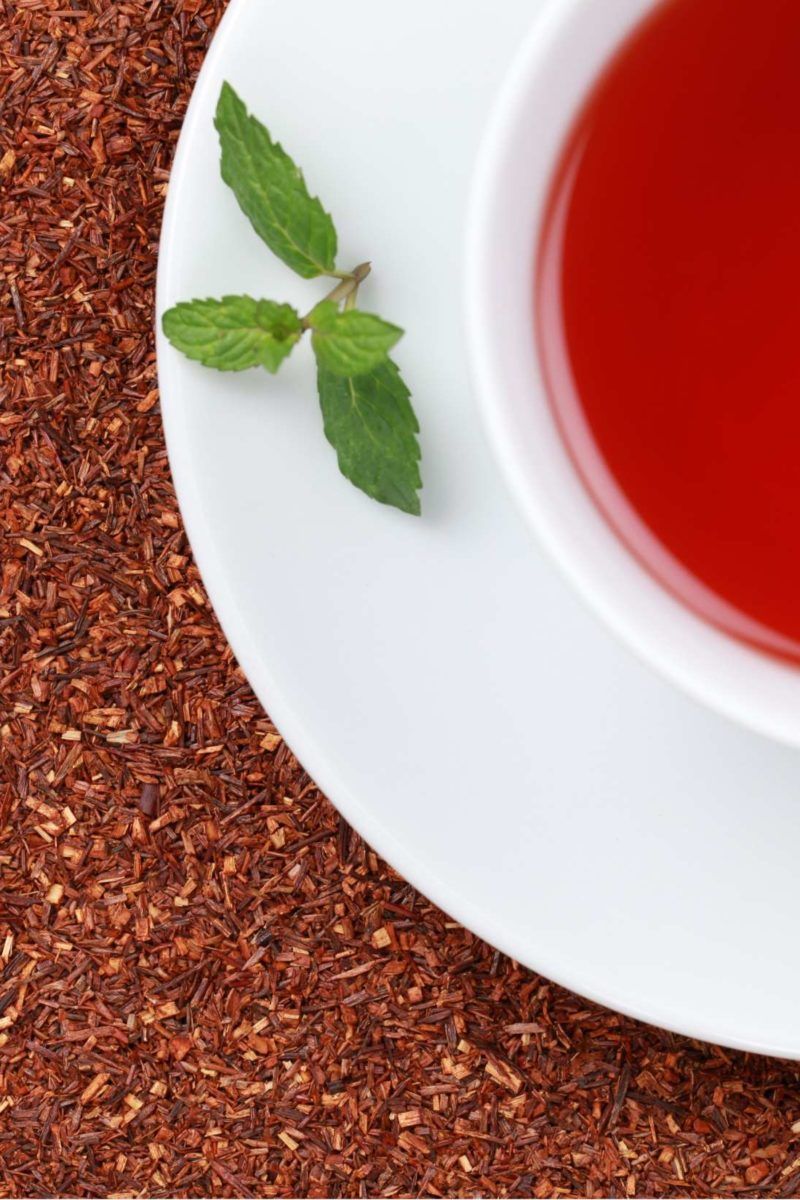
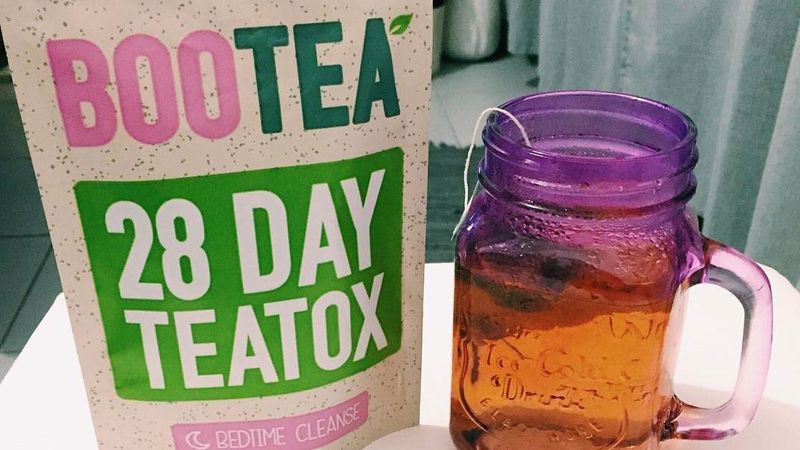
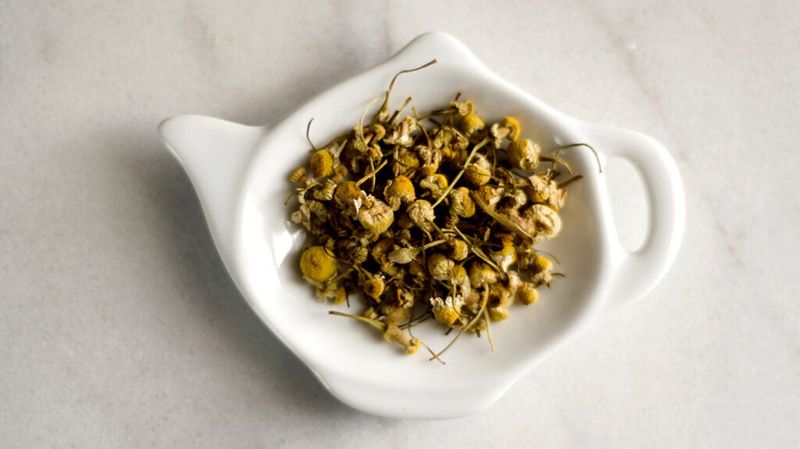
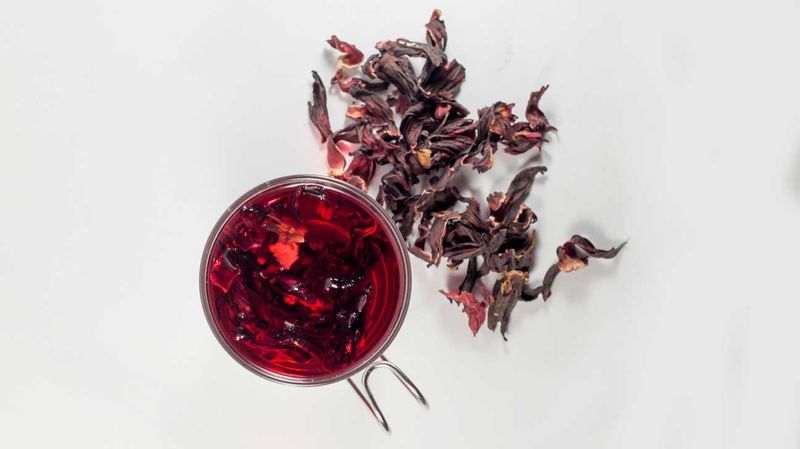
Leave a comment